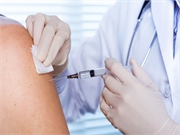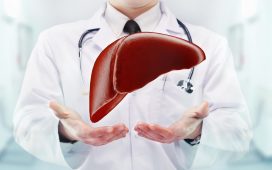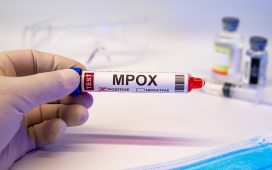Vaccinating women and men to age 45 years predicted to have high costs per QALY gained
MONDAY, Dec. 9, 2019 (HealthDay News) — Extending the current human papillomavirus (HPV) vaccination program to age 45 years is expected to produce small additional reductions in HPV-associated diseases with high additional costs, according to a study published online Dec. 10 in the Annals of Internal Medicine.
Jean-François Laprise, Ph.D., from Québec-Université Laval, and colleagues examined the added population-level effectiveness and cost-effectiveness of extending the current U.S. HPV vaccination program to age 45 years.
The researchers found that in the base-case analysis, the current U.S. HPV vaccination program is predicted to reduce the number of diagnoses of anogenital warts and cervical intraepithelial neoplasia of grade 2 or 3 and cases of cervical cancer and noncervical HPV-associated cancer by 82, 80, 59, and 39 percent, respectively, over 100 years; in addition, the program provides cost savings versus no vaccination. These outcomes would be predicted to be reduced by 0.4, 0.4, 0.2, and 0.2 percent, respectively, with extending vaccination to age 45 years. The costs per quality-adjusted life-year gained were predicted as $830,000, $1,843,000, and $1,471,000, respectively, for vaccinating up to age 30, 40, and 45 years. In sensitivity analyses, the results were most sensitive to assumptions about natural immunity and progression rates after infection, vaccine efficacy, and historical vaccine coverage.
“This is the first published study to examine the cost-effectiveness of vaccinating mid-adult women and men against HPV, taking into account herd effects,” the authors write.
Copyright © 2019 HealthDay. All rights reserved.








